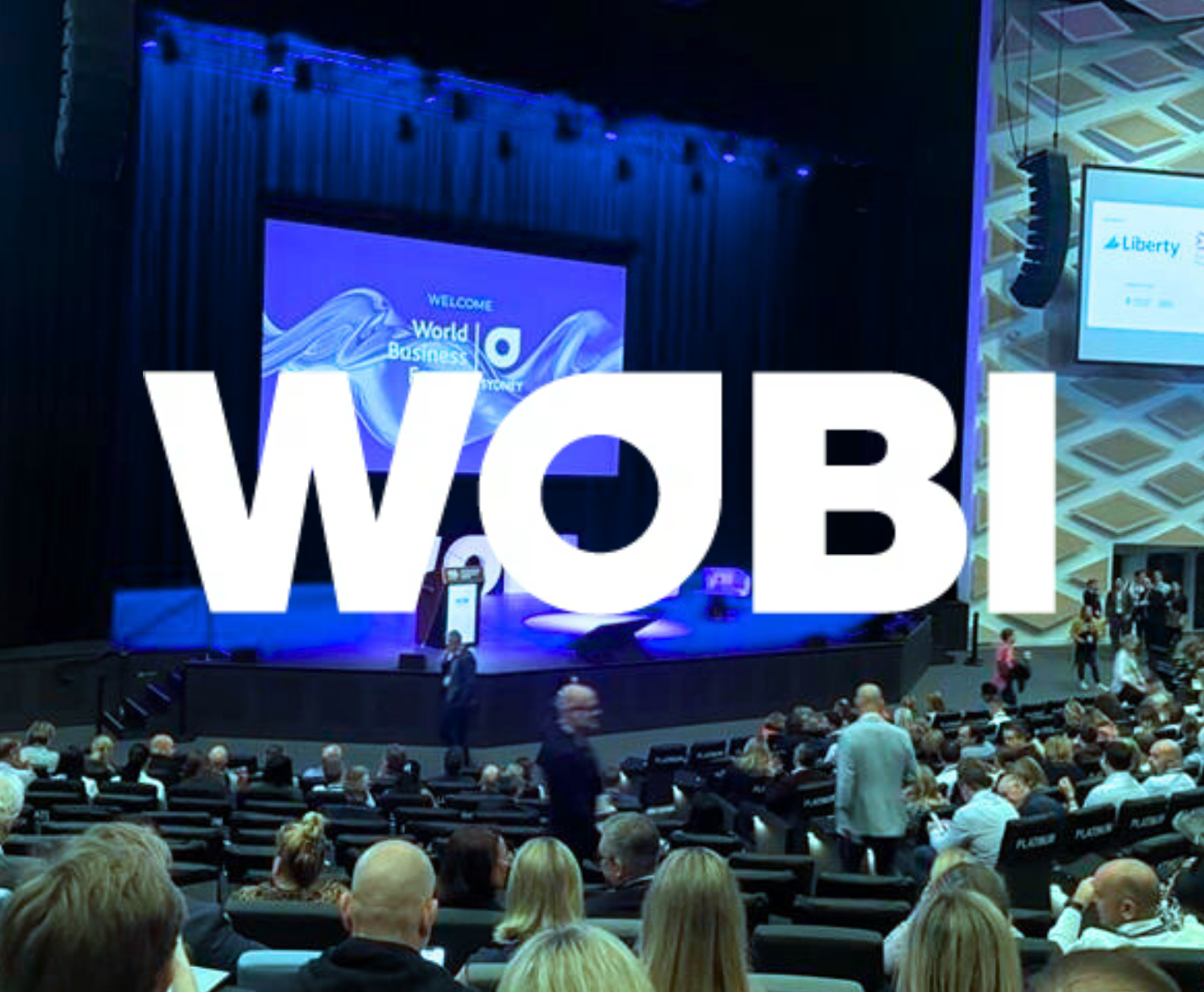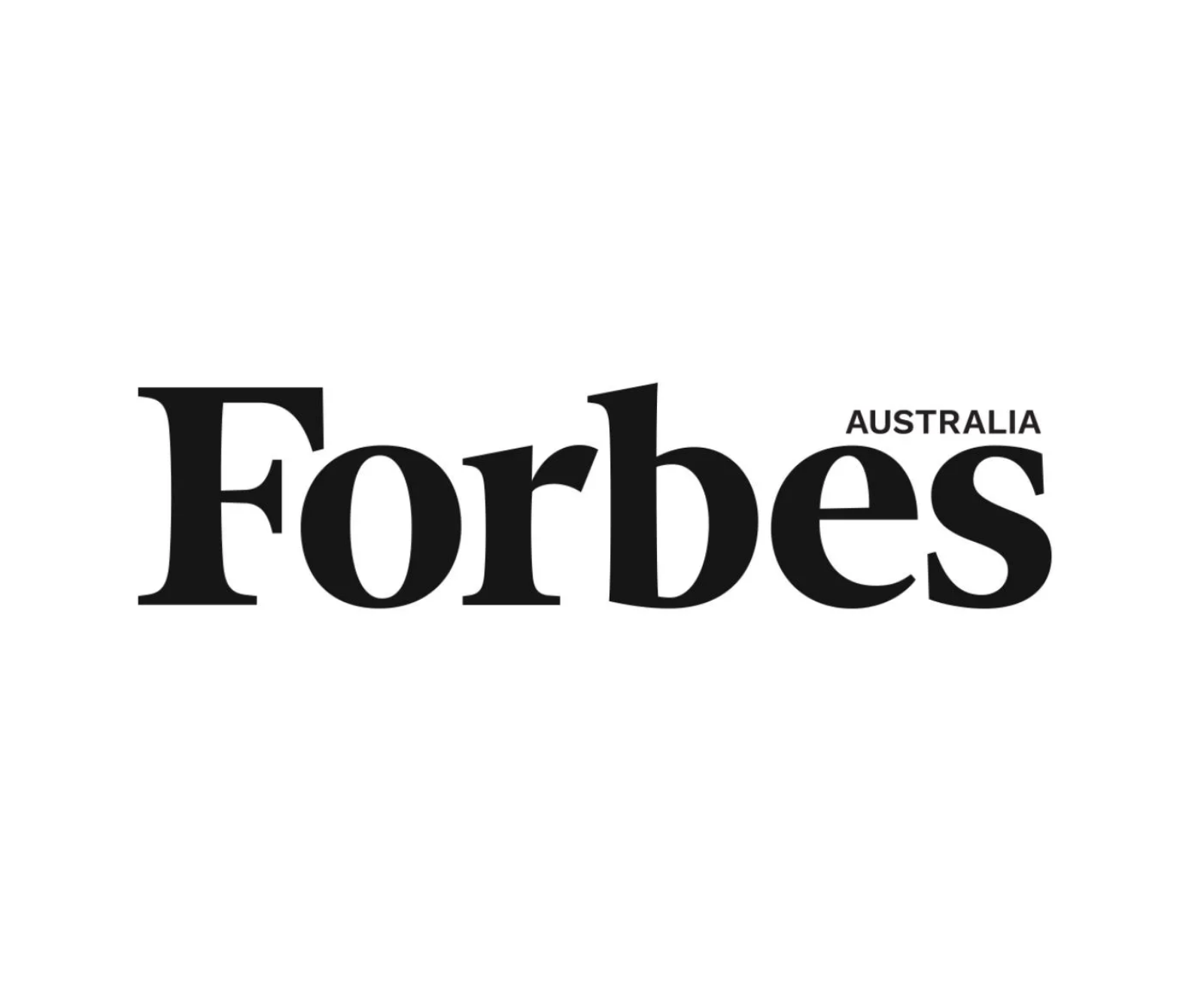Click here to download our white paper:
Democratising Leadership: Transforming Organisations Through Collective Activism
Globally, a rapidly changing and uncertain climate has become the norm whilst simultaneously, markets have experienced a profound increase in the potency of decentralised, socially driven activism on the back of technology.
Whilst social movements are not new, the pace, traction, and impact they are now having indicates the traditional constructs of power, leadership and authority are no longer durable: leadership and authority as a concept have been decoupled.
For many organisations, these shifts in activism and power dynamics have led to a conundrum; an all-purpose restructuring solution to achieve effective and beneficial power distribution does not exist. Instead, organisations are required to understand and work through the complexity of their own power dynamics to arrive at a future focused, fit-for-purpose structure that caters to its unique circumstances.
As we move into the new normal with new opportunities and new operating models, the disruption of traditional boundaries within an organisation present the opportunity to tap into employees who have the appetite and capability to contribute more. Human behaviour, as it adapts to the pace of digital advances in a range of different contexts, is moving towards a more decentralised ownership of power and action. How organisations allow this to flow into and influence their own structures of power and influence is key.
Frontline leaders make up about 60% of a company’s management, (and manage) 80% of a company’s entire workforce1, today’s changing power dynamics place these frontline leaders in the most challenging organisational position.
Maximus propose a new perspective on leadership which recognises the power of motivated individuals from all levels of an organisation to drive organisational value during times of change. We seek to break the myth that senior leaders must be the sole holders of power and responsibility and uncover why employees are the critical mass who decide if an organisation’s transformation will succeed or fail. We call this ‘democratising leadership’ and believe it to be critical if an organisation is to successfully navigate and thrive in this new world.
Read on to discover the fundamental shifts required to ignite activism, responsibility, motivation, and a power to act within all individuals at all levels of an organisation.








